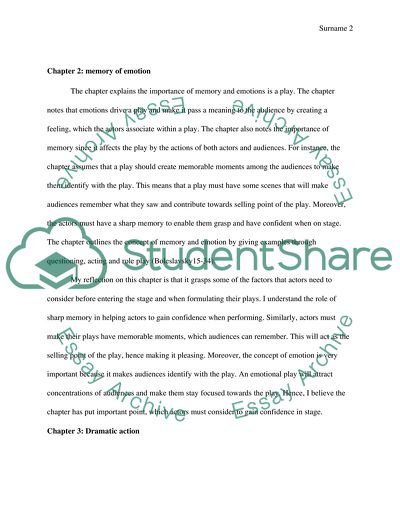Cite this document
(Summary of the First Six Lessons by Richard Boleslavsky Book Report/Review, n.d.)
Summary of the First Six Lessons by Richard Boleslavsky Book Report/Review. Retrieved from https://studentshare.org/literature/1853676-chapter-summaries-for-book-acting-the-first-six-lessons-by-richard-boleslavsky
Summary of the First Six Lessons by Richard Boleslavsky Book Report/Review. Retrieved from https://studentshare.org/literature/1853676-chapter-summaries-for-book-acting-the-first-six-lessons-by-richard-boleslavsky
(Summary of the First Six Lessons by Richard Boleslavsky Book Report/Review)
Summary of the First Six Lessons by Richard Boleslavsky Book Report/Review. https://studentshare.org/literature/1853676-chapter-summaries-for-book-acting-the-first-six-lessons-by-richard-boleslavsky.
Summary of the First Six Lessons by Richard Boleslavsky Book Report/Review. https://studentshare.org/literature/1853676-chapter-summaries-for-book-acting-the-first-six-lessons-by-richard-boleslavsky.
“Summary of the First Six Lessons by Richard Boleslavsky Book Report/Review”, n.d. https://studentshare.org/literature/1853676-chapter-summaries-for-book-acting-the-first-six-lessons-by-richard-boleslavsky.


